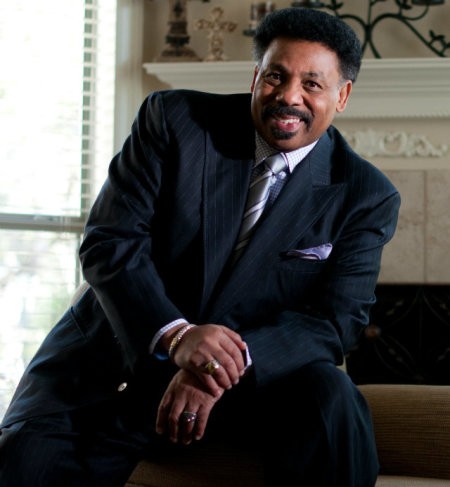Pastor Tony Evans: Growing Up I Was a Second-Class Citizen Due to My Skin Color

Tony Evans is a well-respected pastor, author and the first African-American to earn a doctorate in Theology from the Dallas Theological Seminary. Yet his seemingly unfettered accomplishments came with significant opposition.
Amid racial tension across the nation, the "I Am Second," movement that helps people discover their purpose in life by putting Christ first, is sharing a video interview with Evans from 2009 who addressed how he learned to overcome the limits that others placed on him because of his race.
Growing up in urban Baltimore, Maryland, during segregation and racial unrest, Evans said he frequently faced inequality. "I was reminded in many ways that I was a second-class citizen," he said.
Evans, now the founder and senior pastor of Dallas-based Oak Cliff Bible Fellowship, said that period of time was "frustrating" and "painful." He was told he could go only so far in life, because of the nature of his being.
The would-be pastor wondered if he had to accept his designation as second class. That's when he looked to the Bible for guidance and was uplifted by his position in Christ.
"When I looked very closely to the Bible and to Jesus, this Christ who came, I discovered something awesome. I discovered that when He's first, then He places me in a second position that's above the class that I was given by other men."
"I discovered His love for me and His repositioning me as a prince in His Kingdom. As a son of the living God with royal blood flowing through my veins."
The pastor said he was no longer concerned about how other people saw him.
"All of a sudden what men thought and how men felt about me became irrelevant. Because now I was placed — in fact I was seated — with Him [Christ] in a very high place. That He gave me recognition, significance and value."
"And now I can be fully proud of His creation in me, and not allow others to denigrate me by how they define me, or even to make me think more highly of myself than I ought to think because I had a new point of reference."





















